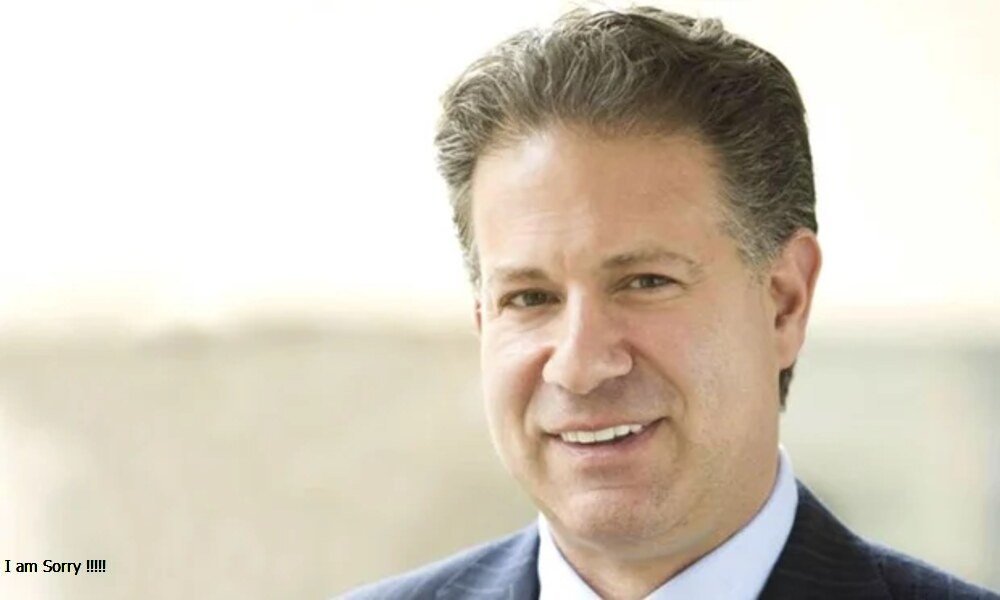Introduction: Unlocking the Power Within
Developing inner discipline has become more crucial than ever in a world that feels increasingly fast-paced and emotionally charged. The quote “self-control is strength. calmness is mastery. you – Tymoff” resonates deeply in this context. It is a powerful reminder that our greatest strength doesn’t come from controlling others or changing circumstances—it comes from mastering ourselves. This profound statement, often shared across motivational pages and social media, has sparked curiosity and reflection among millions. But beyond its aesthetic appeal lies profound psychological and philosophical truth. Understanding and embodying this message is the key to thriving—not just surviving—in the modern age.
The search volume around this quote has sharply increased, reflecting a global hunger for inner peace and discipline. Whether you’re an entrepreneur, a student, or someone navigating emotional chaos, this quote is your compass. This article explores what it truly means when we say self-control is strength, calmness is mastery, and how the “You” at the end empowers us to own our transformation. Let’s break down its wisdom and discover how to live by it daily.
The Meaning Behind “Self-Control Is Strength”
Self-control is often misunderstood as mere restraint or suppression of desires. In reality, it’s the ability to govern one’s thoughts, emotions, and actions in alignment with long-term values and goals. It is about choosing response over reaction. In psychological terms, self-control is linked to the prefrontal cortex, the part of the brain responsible for decision-making and impulse control. This is what separates instinctive animals from mindful humans.
Temporary pleasures or fleeting emotions do not easily sway those who master self-control. They don’t allow anger to dictate their words or fear to govern their actions. This ability to stay composed under pressure, delay gratification, and remain aligned with one’s purpose is a sign of inner strength. It’s no wonder high-performing individuals—from CEOs to athletes—often credit discipline and self-control as the bedrock of their success.
Self-control, then, is not a weakness or restriction. It’s the inner fortress that protects us from self-sabotage. The stronger your self-control, the more power you have over your life’s direction.
Decoding “Calmness Is Mastery”
If self-control is strength, calmness expresses that strength in action. Calmness isn’t the absence of chaos—it’s the ability to remain undisturbed amidst it. When calm, you are not overwhelmed by circumstances, people, or racing thoughts. This is what makes calmness a valid form of mastery.
Mastery, in any field, requires control, clarity, and composure. The same applies to mastering the mind. Calm individuals are emotionally intelligent; they listen more, react less, and make decisions rooted in clarity rather than panic. Their quiet presence influences others, diffusing tension and building trust.
Calmness is not something we are born with—it is cultivated through awareness, breathwork, reflection, and mindful living. It allows us to escape the reactive loop and become conscious creators of our responses. This is especially crucial in leadership, parenting, and personal growth. A calm person is not weak; they are in control. And that control is what makes them masters of their inner world.
“You – Tymoff”: The Focus on Personal Responsibility
The quote’s most overlooked yet powerful part is its ending—”You.” It’s not just a poetic touch; it’s a call to action. This quote doesn’t speak of self-control and calmness as abstract virtues. It places the responsibility squarely on you. “Self-control is strength. Calmness is mastery. You – Tymoff” implies that no one else can walk this path for you.
Tymoff, the philosophical voice behind the quote, isn’t pointing fingers. Instead, they’re turning the mirror toward you. It’s your mind that needs mastery. Your emotions need regulation. Your life needs direction. By claiming personal responsibility, you become the author of your own story. In a culture quick to blame external factors, this inward turn is both radical and liberating.
Your growth starts with you. Your success, peace, and mastery—they’re your responsibility, and that’s incredibly empowering.
Real-Life Applications: Turning Words Into Practice
It’s easy to be inspired by a quote, but transformation comes from application. So, how do we integrate the essence of this quote into daily life?
Start by building habits that strengthen self-control. Wake up early. Exercise when you don’t feel like it. Delay gratification and stay true to your goals, even when uncomfortable. Each time you choose discipline over indulgence, you train your mental muscles.
Implement meditation, deep breathing, and journaling to cultivate calmness. When faced with conflict or stress, pause before reacting. Ask yourself: “Is this response aligned with the person I want to be?” Choose the calm route not because it’s easy but because it’s powerful.
This mindset helps you respond instead of react in relationships, ensures you make clear-headed decisions in business, and allows you to lead by example in parenting. The more you practice, the more natural it becomes. Self-mastery is not a one-time event—it’s a lifestyle.
The Science Behind Strength and Calmness
Modern science supports what this quote suggests. Research shows highly self-controlled individuals are happier, healthier, and more successful. Their brains exhibit stronger connectivity in regions associated with executive functioning and emotional regulation.
Calmness, too, has biological roots. Practices that promote calm—like mindfulness and slow breathing—activate the parasympathetic nervous system. This lowers cortisol (stress hormone) levels, improves heart rate variability, and enhances overall well-being.
In other words, what Tymoff said isn’t just poetic—it’s scientifically sound. Strength and mastery are not about domination over others but regulation of the self. And this regulation improves not only performance but also health and happiness.
Self-Control and Calmness in the Digital Age
Never before have we been bombarded with so many distractions, comparisons, and emotional triggers. Social media, notifications, and the 24/7 news cycle keep our nervous systems on edge. In such an environment, self-control and calmness aren’t just helpful—they’re essential.
Tymoff’s philosophy stands as a bold counter-narrative to digital chaos. In an age where attention is currency, the ability to control yours is priceless. Apps, filters, and quick dopamine hits train the mind to seek instant gratification. The antidote? Practicing digital self-control. Set screen time limits. Practice deep work. Log off to log into your mind.
Calmness, too, must be protected. Unplug, reconnect with nature, prioritize rest, and reclaim your mental space as a sacred ground where peace is not the exception but the default.
Conclusion: Become the Strong, Calm, and Unstoppable You
The quote “Self-control is strength. Calmness is mastery. You—Tymoff” is more than a trending phrase. It is a philosophy of personal empowerment in a chaotic world. It teaches us that true power comes not from controlling others but from mastering ourselves.
Self-control gives us the strength to stay aligned with our values. Calmness provides us with the mastery to act with wisdom, not impulse. And the final message—”You”—reminds us that this journey begins with personal accountability. No guru, book, or system can replace the inner work you must do yourself.
Start today. Practice one small act of self-control. Take one deep breath before reacting. Be mindful. Be aware. And remember—you hold the keys to your mastery.
Do Read: Saro Gullo: A Legacy of Flavor, Resilience, and Culture















